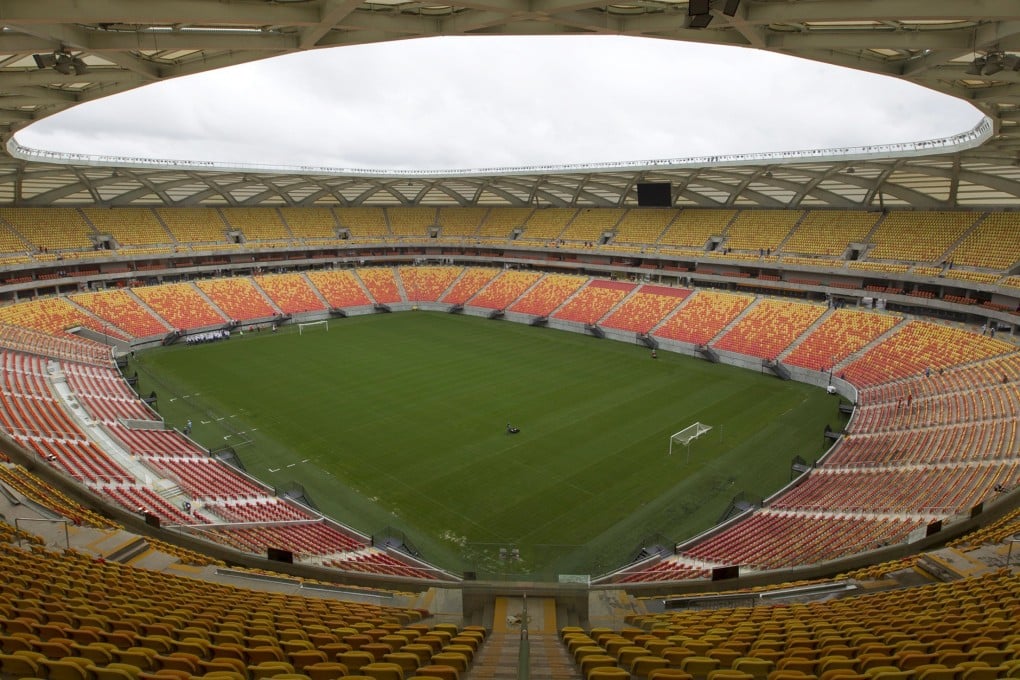Opinion | Brazil's party long overdue on international stage
World Cup and Olympic double act will open a window on the roots of one of the most exciting sporting cultures

Finally, we can say goodbye to Russia; at least, with the immediate exception of the Paralympics, the world of sports can.
Vladimir Putin waited a second or two until the Olympic movement officially left Sochi before reasserting himself in the Ukraine crisis and the subsequent occupation of the Crimean peninsula.
But all that is for state departments and diplomats and their bevy of sanctions and counter sanctions to sort out.
We are talking a totally different game here. In the games that matter around this part of the paper, the focus has now shifted from the Black Sea out across the Mediterranean and the Atlantic Ocean straight down to South America, most notably Brazil. You will be hearing and seeing more of Brazil in the next two years than you have in your lifetime.
The World Cup countdown is now officially under way with less than 100 days to go before the first ball is kicked into play on June 12 in Sao Paulo with the hosts taking on Croatia.
When the championship match is completed on July 13 in Rio de Janeiro, the city will have all of 750 days to get ready to host the world again at the 2016 summer Olympic Games.
